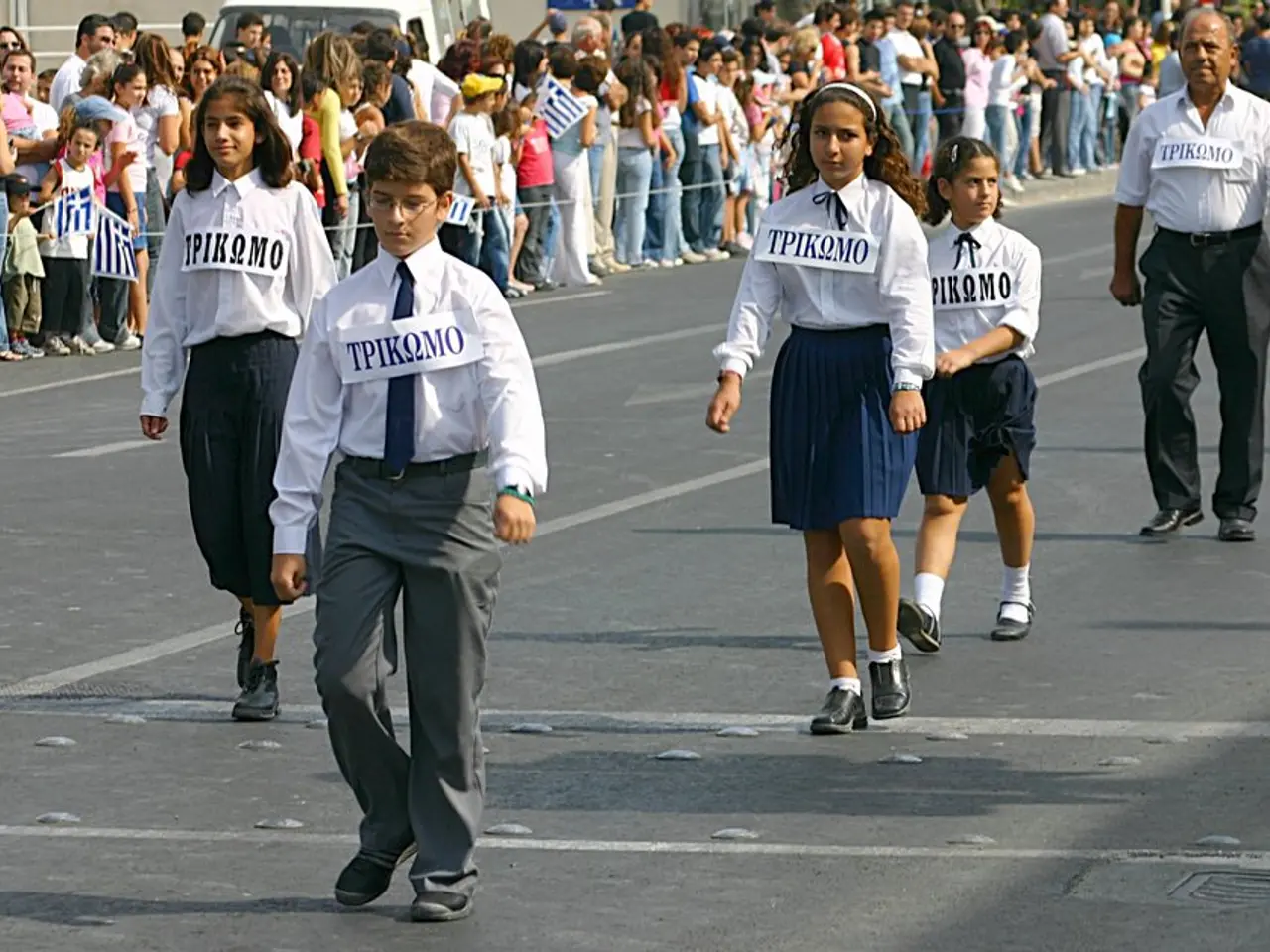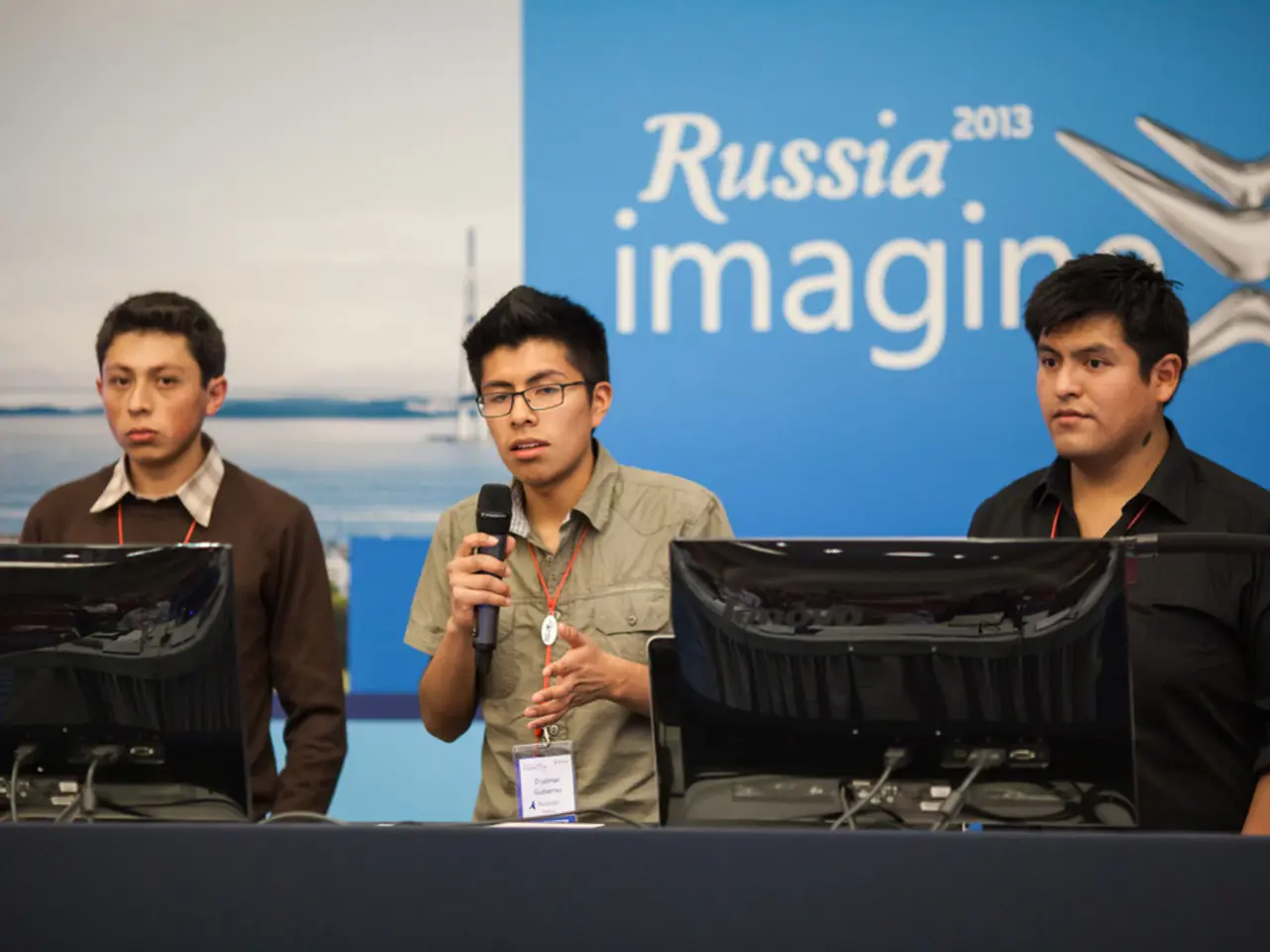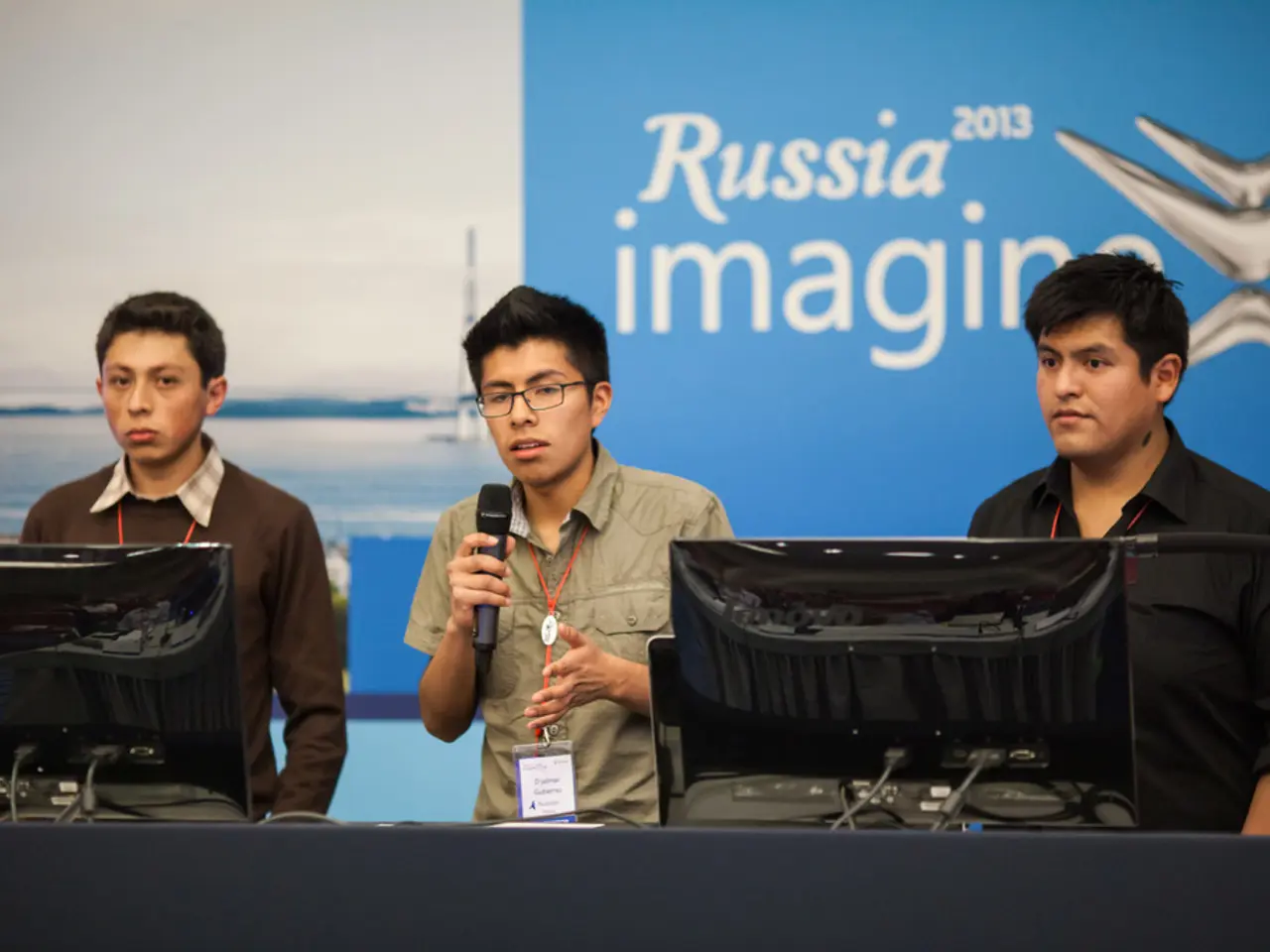Buses for "Isyha Toymada-2025" inaugural day
Yakutsk, Russia, experienced a challenging first day of the Ysyakh Tuymaada-2025 festival as public transportation struggled to meet the demand of the large crowd. The festival, a significant cultural event in Yakutia, attracted a multitude of local residents and visitors, overwhelming the existing public transportation system.
1. **Overwhelming Demand:** The sheer volume of attendees during the 2025 celebration caused buses and other transit options to become overcrowded, leaving many festival-goers waiting in long queues.
2. **Limited Infrastructure:** Yakutsk, being a city in a remote and harsh climate region of Siberia, has limited public transportation infrastructure compared to larger metropolitan areas. The number of buses and routes available during peak festival times was not adequate to handle the sudden spike in passenger numbers.
3. **Seasonal and Weather Constraints:** Despite Ysyakh usually being celebrated in summer, Yakutsk’s challenging weather and geographical conditions still impact transport efficiency. Road conditions and vehicle availability can be affected by residual cold or logistical constraints, limiting the ability to scale up transportation services quickly.
4. **Insufficient Planning:** Festival organizers and city planners may not have fully anticipated the scale of demand for public transportation during the event, leading to a lack of additional buses, extended service hours, or special transit routes needed to accommodate festival-goers.
5. **Reliance on Limited Transit Modes:** The city’s transit system likely relies heavily on buses and a few fixed routes, without extensive alternative transport modes such as tram or metro systems that can handle large crowds efficiently during special events.
As a result, people resorted to asking car owners for rides, with some charging as much as 1500 rubles per person. The situation felt chaotic, with traffic jams and disorganized detour routes causing further inconvenience.
The detour roads, supposed to be greened and dust-free, were not adequately managed, and no information was provided about their current condition. The mayor, Eugene Grigoryev, suggested using detour roads through the "Severny" and "Satal" microdistricts, but proper management of these routes remains an issue.
Yakutsk City Hall's Emergency Management Department announced expected windy weather, around 23°C, and possible rain for the festival in Ust Khattyn. To prepare for the weather, attendees were advised to bring umbrellas, raincoats, and securely fasten tents.
In an effort to alleviate traffic, traffic lights will be regulated for movement towards Ust Khattyn in the morning and towards the city center in the evening. A heightened state of readiness was declared for emergency services from 9:00 AM on June 27, 2025, to 9:00 PM on June 29, 2025, due to weather and climate conditions.
Despite the challenges, the organizers have invested well in Ysyakh Tuymaada-2025. However, addressing the public transportation issue remains a priority to ensure a smoother and more enjoyable festival experience for all attendees.
Financial Impact: The unplanned difficulties during the public transportation system forced attendees to pay inflated prices for private rides, causing a financial strain on festival-goers on the first day of Ysyakh Tuymaada-2025.
Industry Regulation: As Yakutsk's transportation industry struggled to meet the demand of the large crowd at the 2025 festival, it highlighted the need for industry regulations and investment in infrastructure to support significant cultural events, bolstering the city's transportation system capacity.




